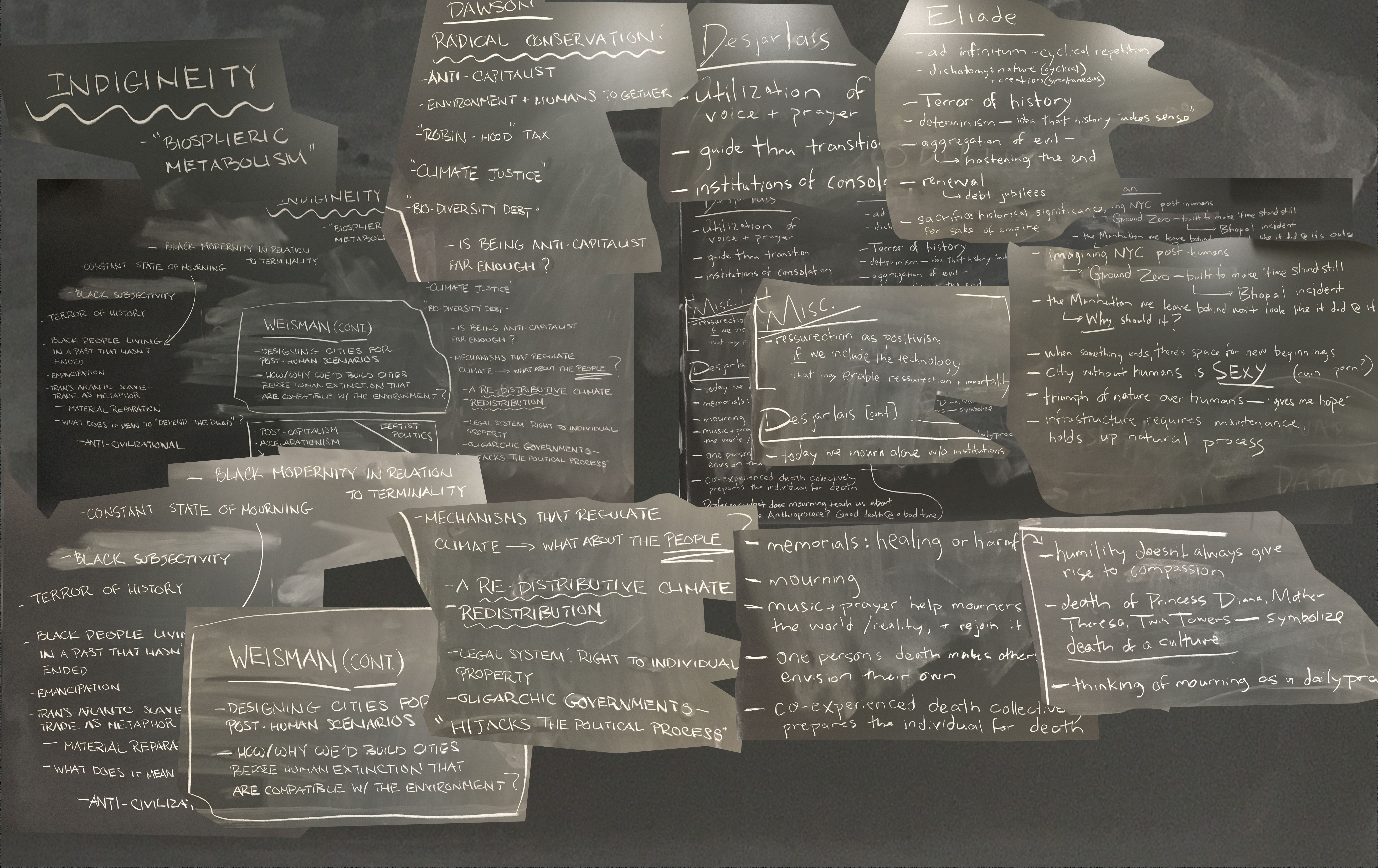Group Post November 7, 2018
Elsie, Danielle G., Danielle D., Meredith
In what ways can indigenous knowledge systems be utilized in “climate justice” and environmental restoration efforts?
Professor Helland provided our class with an excellent resource, an online publication called Alaska Native Knowledge Network — http://ankn.uaf.edu/index.html. This website provides a compilation of materials and resources for those interested individuals or institutions wanting to learn about Alaskan Native “knowledge systems and ways of knowing”.
One interesting editorial published in Ecology and Society, ‘Traditional Knowledge in Social-Ecological Systems’ echoes much of what Professor Helland addressed in class, but also provides a few specific examples in which indigenous knowledge of complex ecosystems and ecological cycles has interacted with governmental and state agencies tasked with “managing nature”.
https://www.ecologyandsociety.org/vol9/iss3/art7/
Due to the unequal power balance between national and local government and first nations, it’s difficult to implement indigenous knowledge systems on a large scale (not in a universalizing sense, but across local regimes of power). Information is not shared horizontally and the decision making power is held by individuals and institutions that stand to profit from hyper extraction of natural resources. These harmful practices stand in opposition to those taken up by indigenous communities with intimate knowledge of biodiverse ecosystems and local ecological regeneration.
The biggest take away from our conversation with Professor Helland is if the ultimate goal is to not destroy the Earth and its ecosystems, it’s imperative to support indigenous and first nation sovereignty.


Recent Comments